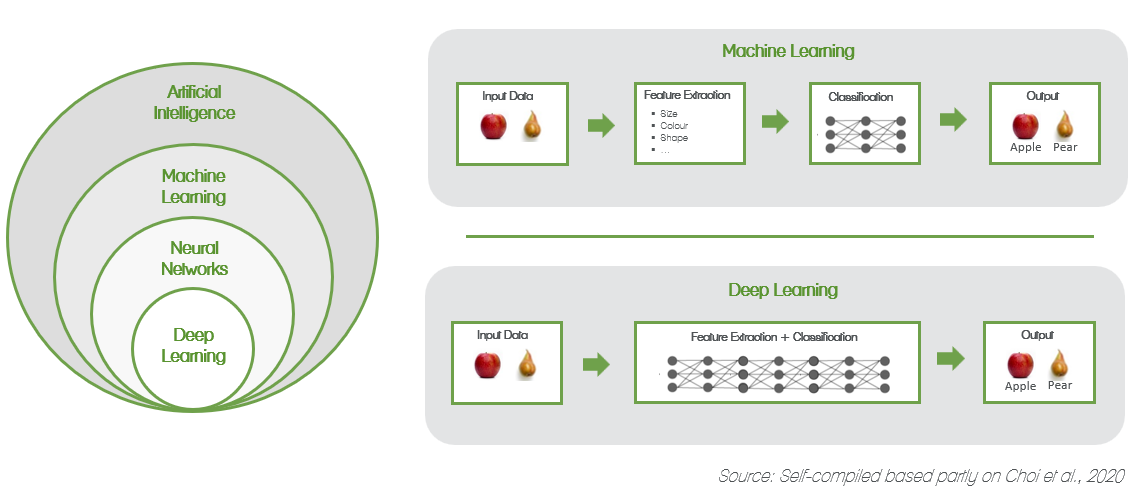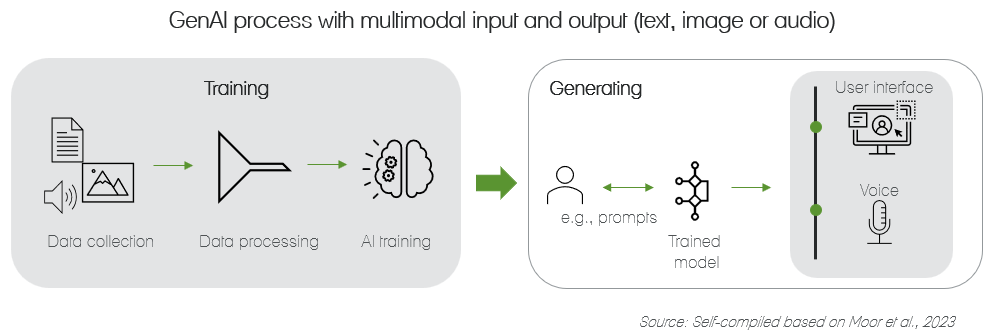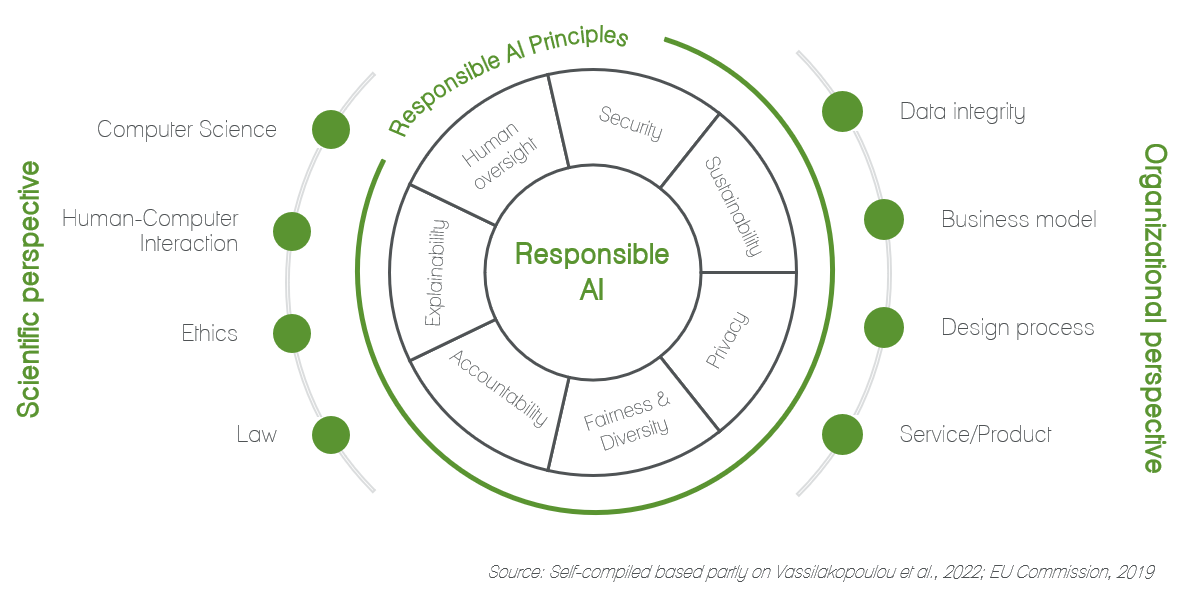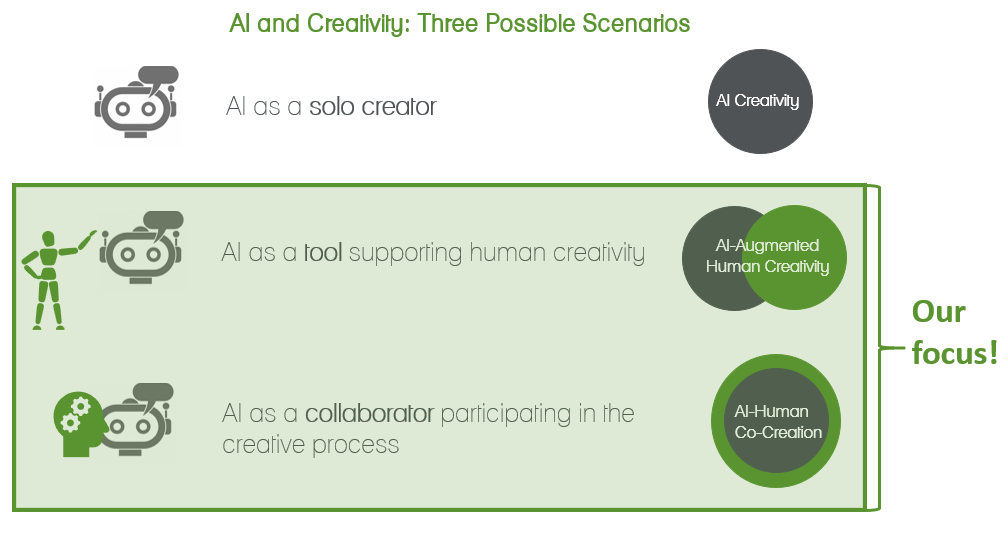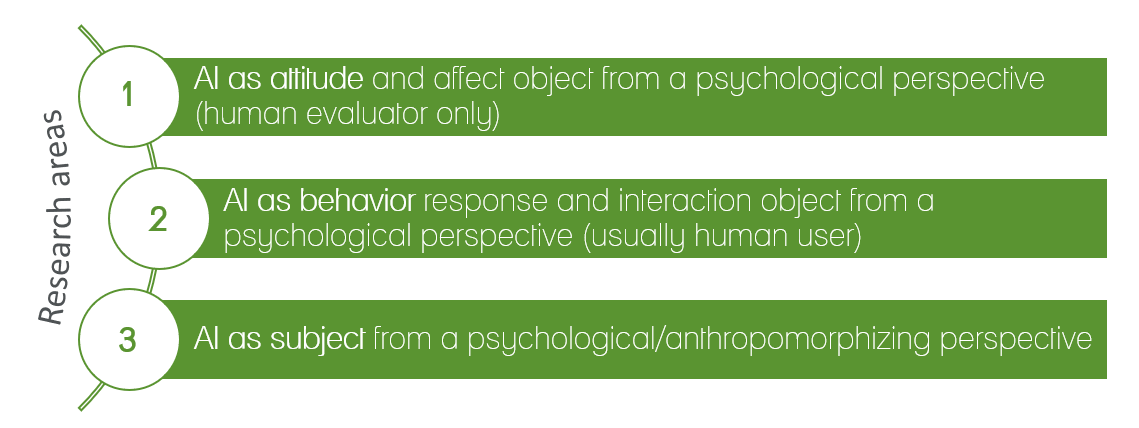Research Streams

Research Streams
Our Research
Our research theme is centered on what we call “intelligent interdisciplinary integration”. This concept reflects our goal of seamlessly incorporating artificial intelligence into different areas of society, including education, healthcare, ICT, media, arts, marketing, and social norms. The core of this theme is not only to innovate within the realm of AI technology, but also to drive a broader shift in all sectors.
The integration emphasizes that AI is not just a standalone tool, but a transformative element that, when applied thoughtfully, can enhance human abilities, decision-making processes, and societal results. The connection points in the matrix are not independent; instead, they are interconnected, reflecting our belief that the true potential of AI is unleashed when it is applied across the intersections of these diverse research streams and domains.
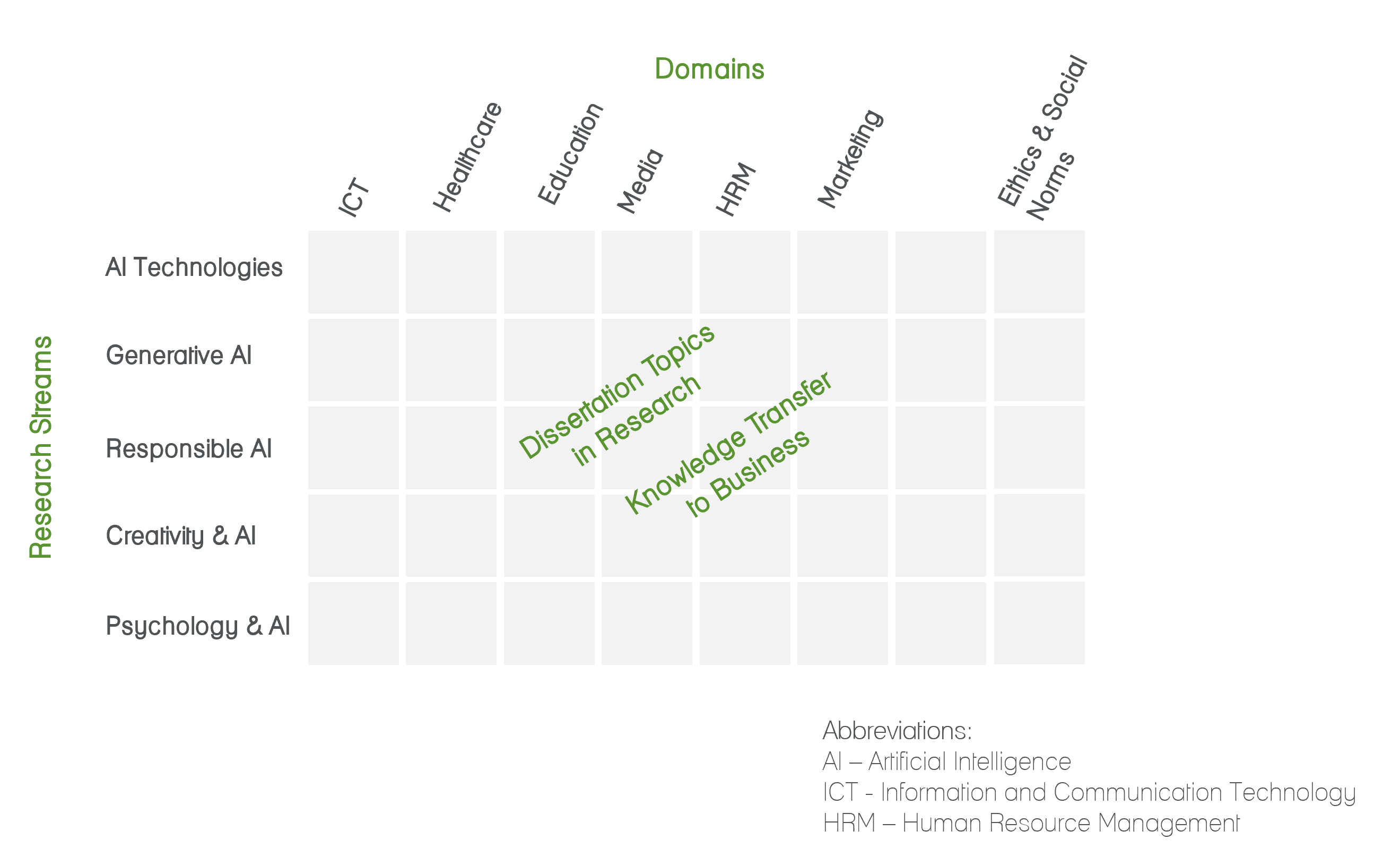
Research streams
The Research Streams are the primary thematic areas of focus within the broader field of artificial intelligence research. They represent the theoretical, methodological, or technological veins through which AI research flows. While these research streams outline the primary thematic areas, we also acknowledge the rich overlaps between them. With our interdisciplinary approach, we are uniquely positioned to explore and take advantage of the synergies that result from the convergence of these streams. The areas we currently emphasize include the following:
AI Technologies – covers the development and innovation of AI tools, platforms, and methodologies that drive the field forward, including machine learning, deep learning, natural language processing, and more.
Generative AI – leverages advanced models developed by computer scientists to innovate across domains like marketing, healthcare, education, and HRM, enabling applications such as personalized content creation, diagnostic and treatment enhancement, tailored educational programs, and streamlined HR processes.
Responsible AI – emphasizes the ethical, transparent, and accountable use of AI technologies, considering their societal impacts and ensuring fairness, privacy, and security.
Creativity & AI – investigates the role of AI in augmenting, facilitating, or emulating human creativity, exploring AI’s role as a supportive tool or a collaborator in the creative process (within the context of cultural influences on creativity’s conceptualization, expression, and evaluation).
Psychology & AI – explores the affective, cognitive, and behavioral consequences of humans being confronted with artificial intelligence developments and outputs across domains. We also use psychological approaches to examine AI via its outputs as an anthropomorphized subject in terms of its characteristics.
Domains
Domains, on the other hand, refer to the fields or sectors where AI is applied, indicating the practical, real-world contexts in which AI research can be utilized to address specific challenges or enhance certain aspects of society. The domains we are currently focusing on represent areas of immediate interest and application for AI, yet it is important to recognize that as society and technology evolve, these areas may expand or shift to meet new challenges and opportunities. The actual domains include, but are not limited to:
ICT (Information and Communication Technology) – using AI as a transformative catalyst, revolutionizing data analysis and system automation, thereby redefining the technological infrastructure through this synergistic integration.
Healthcare – leveraging AI for diagnostic tools, patient monitoring, treatment recommendations, or managing healthcare data.
Education – applying AI to personalize learning, automate grading, or develop intelligent tutoring systems.
Media – utilizing AI in content creation, recommendation systems, media trends analysis, or user engagement strategies.
HRM (Human Resource Management) – explores how AI can optimize HR processes, enhance talent management, personalize employee experiences, and improve decision-making in human resources.
Marketing – applying AI for consumer behavior prediction, targeted advertising, market analysis, or responsible social media usage.
Arts – employing AI in creating or analyzing patterns in different art forms – visual, digital, or media.
Ethics and Social Norms – studying the impact of AI on social behaviors, cultural trends, or societal norms.
